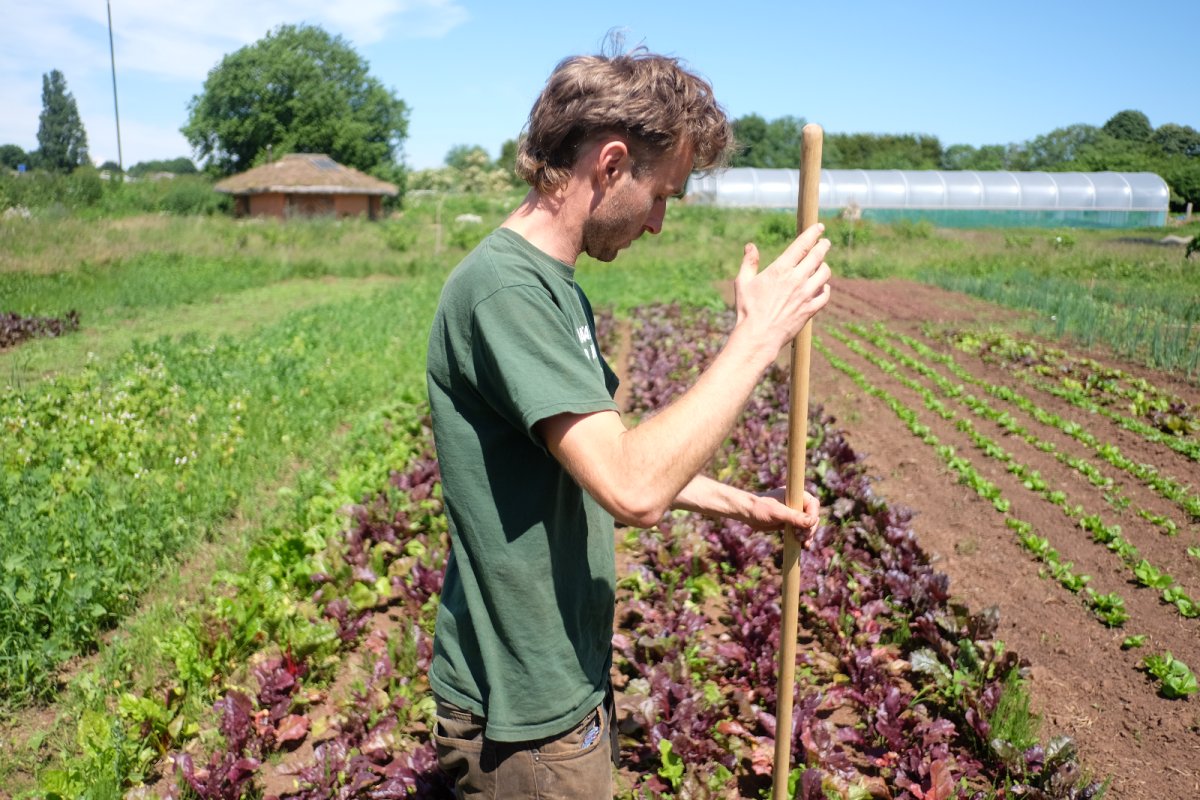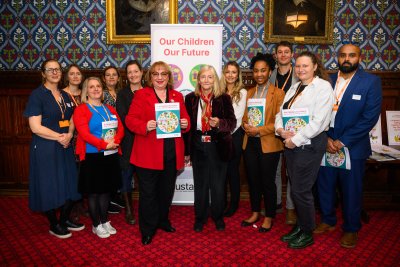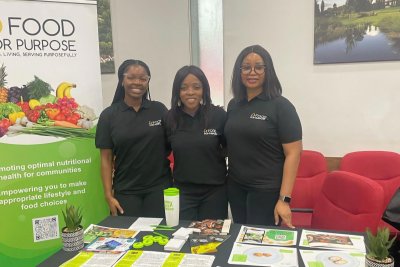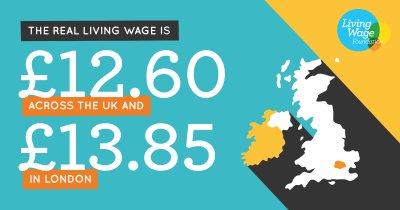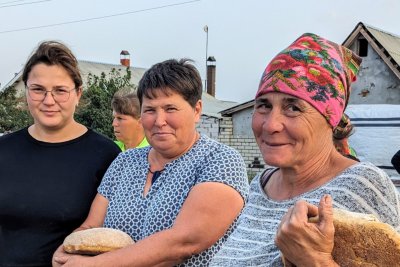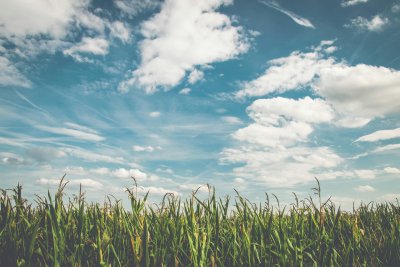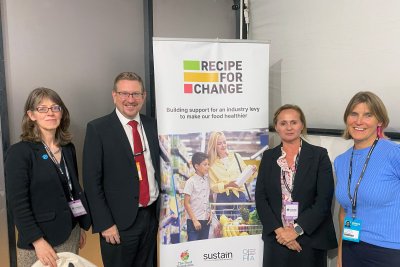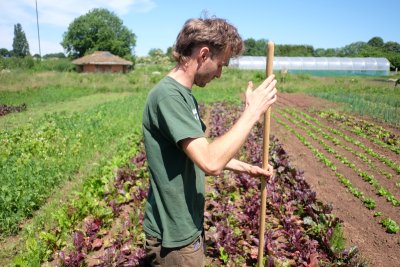 Edible futures. Credit:
Edible futures. Credit:
Rethinking British fruit and veg supplies
Remember when UK salad supplies ran short and Thérèse Coffey, the Environment Secretary, told us to eat turnips? She was right that we should all be eating more seasonally, but she didn’t say that it’s possible to access a wide range of seasonal vegetables year-round – we just need better routes to market for our farmers and growers, argues Rebecca Laughton in this guest blog.
Problems with the food system
We are reliant on imports for 43% of vegetables and 85% on fruit, much of which comes from countries who are struggling with water scarcity related to climate change(1). Many British growers are choosing to reduce the acreage of vegetables and fruit they grow, due to a combination of labour shortages, cost price increases (energy, fertiliser, packaging, and transport) and the small margins they receive from supermarkets)(2). Over 90% of UK food supply is controlled by nine supermarkets and the power resulting from such market consolidation means that farmers often get less than 1% of profit(3). The supermarket model entrenches the junk food cycle and the poorest are experiencing highest food price inflationary rises, driving people to choose unhealthy high fat, salt, and sugary foods, which are cheaper per calorie than fresh fruit and vegetables. Health conditions, related to unhealthy diets, are costing the government £18billion each year(4). Diets that are low in vegetables and legumes are associated with 18,000 premature deaths in the UK each year(5).
We need more regionalised supply chains
It is time we took a fresh look at how we grow, distribute, and choose our vegetables and fruit. Food choices are complex, and it is important to balance the need to wean ourselves off exotic treats with the need for our diverse population to access culturally appropriate foods (some of which can be grown here, while others cannot). The Landworkers’ Alliance (LWA), a union of agroecological farmers and growers, is working towards a vision of a more regionalised supply system, based on Growing Communities’ model of “The Food Zones”. Imagine every city and town is supplied by concentric circles of urban, peri-urban and rural hinterland agroecological producers, supplying 60% of fruit and vegetables, supplemented by organic produce bought from wholesalers trading produce from the rest of Britain, as well as Europe and further afield. We could reduce our reliance on imports down to 20%, while enjoying greater connection to the land and those who grow our produce. We would even start helping at a local farm as a volunteer or part-time worker, developing horticultural skills, de-stressing from the rest of our lives and feeling part of a community working towards the common goal of healthy, sustainable food production. There would also be opportunities to attend farm walks, take part in harvest events or seasonal cooking courses.
Such food systems already exist in pockets around the UK and are addressing some of the problems inherent in the mainstream food system. Agroecological production focusses on working with nature rather than excluding it. Many organic market gardens are carbon negative and growers get a better return for their produce. A recent report found that for every pound spent on organic fruit and vegetable bags at Growing Communities in Hackney, £3.73 is generated in health benefits for customers, better financial returns and job security for farmers, and environmental stewardship(6). An all year round of seasonal supply of tasty, agroecological, fresh produce also evens out labour demands, giving people year-round, skilled employment. While British workers are not attracted to seasonal work on large scale vegetable and fruit farms, many young people want to work in organic horticulture due to the opportunity it provides to work outside doing something positive for society and the environment.
Practical steps forward
Farmer focussed routes to market, like Growing Communities, represent a tiny fraction of the UK vegetable and fruit supply system (little more than 1%). LWA is keen to connect its members more closely with SFP local food partnerships, to work towards the vision of every city and town having access to a regionalised, fresh produce supply system. Some of our peri-urban members are keen to sell more of their produce into urban markets but are experiencing difficulties accessing such markets.
At the Sustainable Food Places Conference in March 2023, LWA and Sustain ran a session on Food Partnerships, Farmers and Local Food Supply in which we discussed practical steps towards building the local supply system, including:
1) Organise a networking event around food (e.g., potluck meal, farm walk and meeting) to enable farmers and growers in your region to meet with representatives of the food partnership and start building connections.
2) Set up a food hub, using a digital platform, such as the “Open Food Network”, to create a flexible channel for local producers to access urban markets.
3) Explore public procurement as a market for local produce – Start small, with a grower selling one form of produce into a school holiday club via a local wholesaler, as was trialled by Food Sense Wales and Cardiff Food Partnership with their Courgette Pilot. This led to the Welsh Government agreeing to fund an expanded scheme in 2023, involving more growers and more diverse kinds of vegetables.
Every journey starts with a step! It may take a few years, but if we work together, there is no reason why we can’t all be eating locally produced salad, vegetables, and fruit in the future.
If you're part of a food partnership do get in touch with your regional representative.
Details can be found on the Landworkers' Alliance website, or get in touch with natalia.szarek@landworkersalliance.org.uk to connect with your regional group.
References:
(4) Dimbleby, H. (2021). The Plan: National Food Strategy Independent Review, p28 www. Nationalfoodstrategy.org
Sustain: Sustain The alliance for better food and farming advocates food and agriculture policies and practices that enhance the health and welfare of people and animals, improve the working and living environment, enrich society and culture and promote equity.
Sustain
The Green House
244-254 Cambridge Heath Road
London E2 9DA
020 3559 6777
sustain@sustainweb.org
Sustain advocates food and agriculture policies and practices that enhance the health and welfare of people and animals, improve the working and living environment, promote equity and enrich society and culture.
© Sustain 2024
Registered charity (no. 1018643)
Data privacy & cookies
Icons by Icons8
